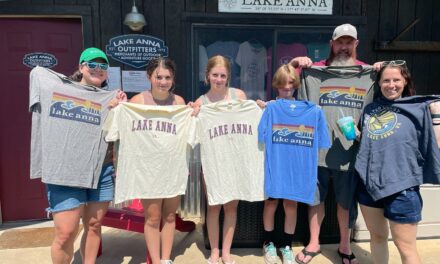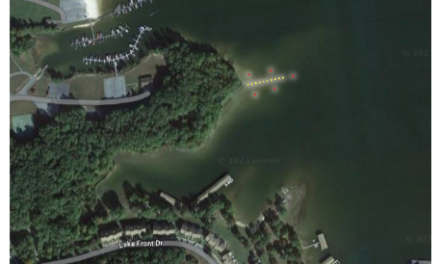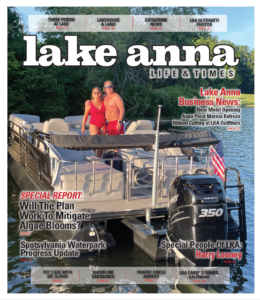BY TAMMY PURCELL
The Louisa County Board of Supervisors approved a new Ordinance – To Amend Land Development Regulations – LDR2022-05, Short Term Rentals (commonly referred to as the Short-Term Rental Ordinance or STR Ordinance) following a public hearing in October 2023 and it goes into effect January 1, 2024. The STR Ordinance is intended to provide the broadest coverage in protecting property owners, increasing occupant safety, and guarding community interests.
Louisa County sent a letter to all previously known Short-Term Rental (STR) property owner or managers (350), explaining the first step in understanding this new ordinance is reviewing applicable zoning information. For A-1 and A-2 zoned properties, Short-Term Rentals are allowed by-right (in alignment with the Virginia Attorney General Opinion), meaning no action is necessary for owners to comply with local zoning.
For R-1, R-2, and RD zoned properties within growth areas (most waterfront properties and communities on Lake Anna are located in a growth area) new requirements apply. Zoning information may be found on www.louisacounty.gov and the Determine Your Zoning District webpage is a helpful tool. The Community Development staff is also available to assist with confirming property zoning.
As of now Short-Term Rentals in Louisa County are allowed by-right with restrictions. The information on these restrictions or “requirements” is outlined below. For R-1 or R-2 properties outside growth areas, and for commercially or industrially zoned properties, a Conditional Use Permit (CUP) is required for Short-Term Rentals and the owner or owner’s agent should contact the Community Development Department to begin the process. These rules do not apply to campgrounds, hotels or motels.
Owners of dwellings used for Short-Term Rental shall provide contact information for the owner and/or any authorized property manager to Louisa County and the dwelling’s subdivision governing body if one exists.
If they have not already done so, STR owners will need to update contact information with the Commissioner of Revenue’s Office https://www.louisacounty.gov/3280/Transient-Occupancy-Tax-Contact-Informat. Per the ordinance, the County should have contact information by January 1, 2024. The STR owner will also need to provide contact information to applicable HOAs/POAs.
Owner must comply with all Virginia Department of Health regulations. To maintain safety for tenants and the community, Short-Term Rental (STR) owners must check their permits with the Virginia Department of Health (VDH) and follow all stated requirements. All VDH permit regulations need to be met by January 1, 2024.
The STR dwelling must comply with all applicable state building code and safety regulations. To guarantee tenant safety, all buildings must meet the Virginia Uniform Statewide Building Code (USBC) standards. The Community Development issues a Certificate of Occupancy for each property, and all properties must comply with these certificates by January 1, 2024.
The owner shall provide the current Louisa County Code chapters relative to Noise (51) and Solid Waste (62) as well as the definitions for Special Occasion Facilities and Gatherings as part of their Short-Term Rental contracts. STR owners will need links to or copies of this information in their rental contracts executed on and after January 1, 2024. (Links may be found at https://www.louisacounty.gov/3224/18510/Short-Term-Rental-Ordinance.)
Owner must notify tenants that events, rentals, special occasion facilities and related uses are prohibited, except with valid conditional use permit according to Louisa County Code. This notification may be included in the rental agreement or in a confirmation message regarding the rental. These notifications apply to rentals on or after January 1, 2024.
Owners unable to meet all of the above requirements shall be prohibited from operating a Short-Term Rental of a dwelling without obtaining a Conditional Use Permit from Louisa County Board of Supervisors. To address a notice of violation, STR owners can fix the issue or challenge the violation in court. If you are found to be in violation of this section by the court, you may be required to obtain a Conditional Use Permit before continuing operations.




















